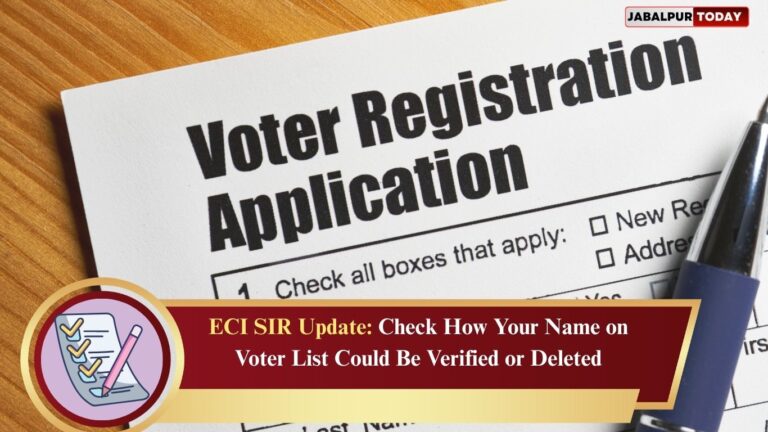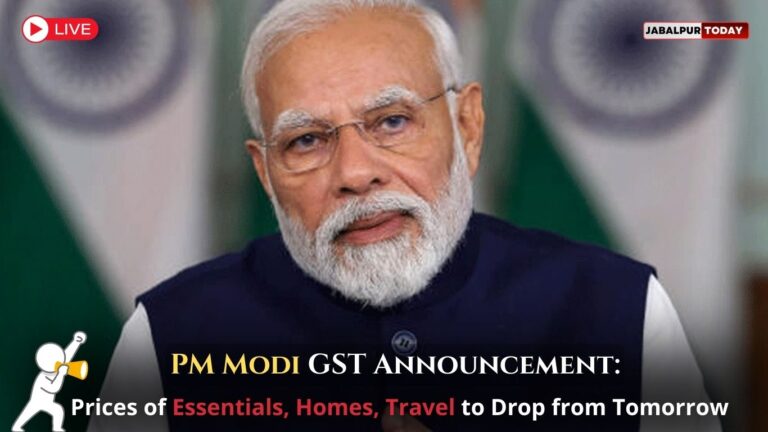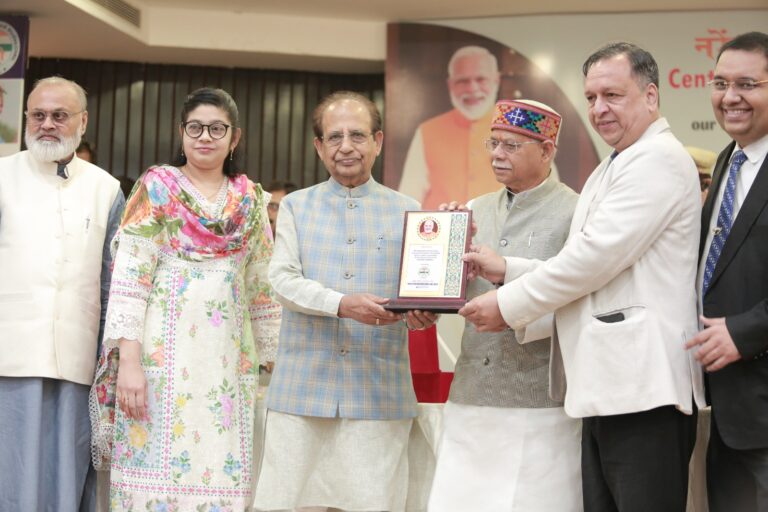Trump Targets H-1B Abuse, Indian Tech Employees Feel the Pressure
Early-career tech workers may struggle as employers hesitate to sponsor visas; some may return to India or move to Canada, UK, UAE, or Saudi Arabia.

US to Impose $100,000 Fee for H-1B Visas, Raising Concerns for Indian Tech Workers, US President Donald Trump has announced that companies will now have to pay $100,000 to the government to secure an H-1B visa for hiring a foreign employee. This new rule is set to come into effect from September 21 and will remain in place for a period of 12 months unless extended further. The move is aimed at encouraging American companies to hire more local talent while limiting the number of foreign workers, particularly in the technology sector.
H-1B visas allow US companies to hire foreign professionals in specialized fields, mainly those with at least a bachelor’s degree. Indian workers make up over 70% of H-1B visa holders, which means that this new regulation could have a significant impact on the Indian tech community in the United States. The visa is normally issued for three years, with the possibility of a three-year extension, and has an annual cap of 65,000, with an additional 20,000 visas available for workers holding a master’s or doctoral degree from a US university.
The Trump administration claims that the H-1B visa program has been misused, particularly by IT outsourcing companies, which allegedly hire foreign workers at a lower cost than American employees. The President has called this practice a “national security threat” and argued that it makes it more difficult for college graduates in the US to find jobs in the technology sector. Officials say that the new rules will make it harder for companies to hire foreign talent while protecting employment opportunities for Americans.
Experts warn that this policy could create uncertainty for Indian tech workers. While the high fee may not force immediate returns to India, it could limit job mobility, make visa renewals more expensive, and discourage companies from sponsoring H-1B employees, especially those early in their careers. Some professionals may be forced to return to India or consider moving to other countries like Canada, the UK, UAE, or Saudi Arabia where opportunities are more accessible.
The new regulation has sparked concern among Indian workers currently in the US, with many unsure about the long-term implications for their careers. Legal experts note that the implementation of the rule may face challenges in courts, and the final impact could depend on how strictly it is enforced.
The H-1B visa system, created by Congress in 1990, was originally designed to allow American companies to hire foreign professionals in specialized roles to supplement the US workforce, not replace it. Over the years, Indian tech professionals have been among the largest recipients of these visas, reflecting the high demand for skilled IT talent from India.
In recent years, the program has faced criticism in US political circles. Some politicians argue that companies often lay off American employees while simultaneously applying for H-1B visas to hire cheaper foreign labor. Vice President JD Vance, for example, has highlighted the mismatch between layoffs in tech companies and the continued hiring of overseas workers, emphasizing that the program should support, not replace, American jobs.
US Citizenship and Immigration Services officials have stated that the administration intends to tighten regulations to ensure that the H-1B program supplements the US economy and workforce rather than displacing local talent. Despite criticism, President Trump has defended the program, noting that he has used H-1B visas in his own businesses and considers it a valuable system when used properly.
The $100,000 fee is expected to have a profound effect on Indian IT professionals, many of whom have built careers in the US over years of education and experience. The move may reshape the hiring strategies of technology companies and influence the migration decisions of skilled workers. For now, both employees and employers are waiting to see how the new rule is implemented and whether it will face legal challenges, adding uncertainty to the future of the H-1B visa program.
Also Read :From Kishtwar to Udhampur: Twin Encounters Expose Terror Push in Jammu Region





